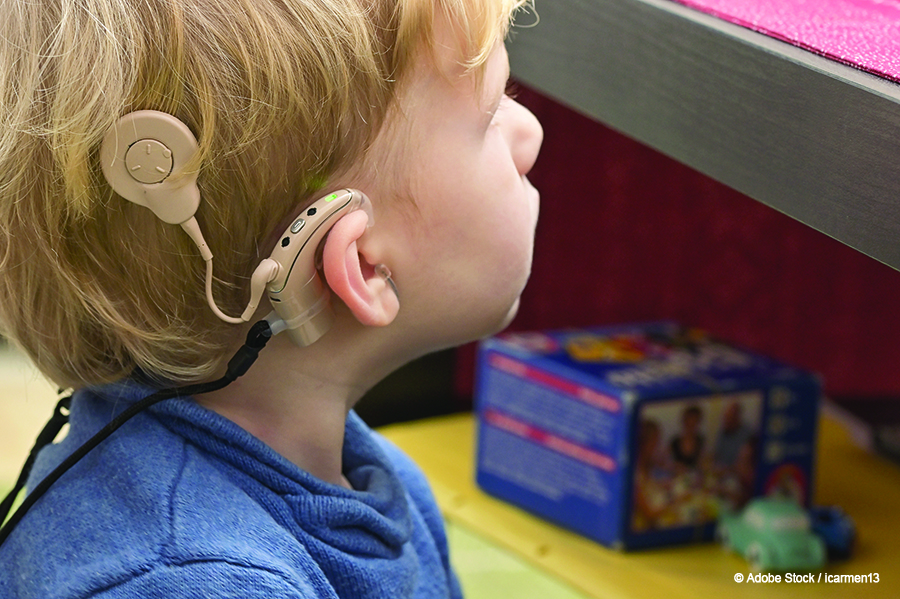With morbidity costs of facial trauma exceeding $1 billion each year, ew database informs facial fracture-related management and cost trends for U.S. Metropolitan hospitals.
Novel Fascia Taco Approach Shown Safe and Effective in Patients Receiving Nasal Septum Perforation Closure
The fascia taco technique was shown to be safe, easy to apply, and short in duration, with a high overall success rate and low morbidity in patients requiring NSP closure.
19th Century Laryngologist Effectively Saved the Brooklyn Bridge
Built in the 19th century, the East River Bridge employed a suspension design and materials on a never-before-seen scale. Its masonry towers required the use of pressured caissons for excavation. When workers began collapsing after exiting the caisson at day’s end, a laryngologist was called in to save the project.
Commercial-Grade, Application-Based Hearing Assessment Strongly Correlates with Traditional Audiometry
Commercial-grade, app-based pure tone audiometry demonstrates an overall strong correlation and accuracy with traditional audiometry, but it is not intended to replace an evaluation performed in a controlled environment with calibrated equipment and a skillfully trained clinician.
Ophthalmic Medication Maxitrol Shown to Eradicate Pseudomonas Aeruginosa Biofilm In Vitro
Bacterial biofilms are a feature of many chronic diseases of the head/neck. Few of the topical antibiofilm agents that can be used to eradicate biofilms in vitro are suitable for otolaryngological application. Maxitrol may demonstrate antibiofilm activity and may therefore be useful in the management of biofilm-related disease in the head/neck.
Survey Underscores Lack of Support for Left-Handed Surgical Trainees
Surgical instruments and equipment are often designed for right-handed (RH) users, creating potential ergonomic challenges for LH surgeons, and ORLHN falls behind other fields in providing targeted support.

Tales from the Trenches: Leaders in Otolaryngology Talk About Their Career Achievements and Challenges
In a session at the 2024 Triological Society Combined Sections Meeting, prominent leaders in otolaryngology shared how they got started—stories of luck, passion, and the benefits of being mentored, intended to give insights into the elements of their upward career trajectories

Triological Society Honorees and Thesis Award Winners Recognized at COSM
During the recent Combined Otolaryngology Spring Meetings (COSM) in Chicago, the Triological Society’s outgoing president, Andrew N. Goldberg, MD, MSCE, celebrated Drs. Jennifer Grandis, Jay Piccirillo, and Donald Lanza with presidential citations, and Dr. Andrew Murr as his guest of honor.

Experts Discuss Intricacies of Pediatric Implants for Single-Sided Hearing Loss
Unilateral hearing loss (UHL) is a condition that can have serious repercussions for development and a major quality-of-life impact on children, but deciding whether cochlear implantation is the answer can be a challenge, said experts here at the Combined Otolaryngology Spring Meetings, while offering factors to consider.

Experts Describe Advances in OSA Management
The state of assessment and treatment for obstructive sleep apnea (OSA) is in rapid flux—from changes to treatment paradigms to new pharmaceuticals, experts said in a panel session here at the Combined Otolaryngology Spring Meetings.
- « Previous Page
- 1
- …
- 26
- 27
- 28
- 29
- 30
- …
- 342
- Next Page »